Academic Programs
Study abroad is an academic endeavor and, because of this, the total cost of study abroad is eligible for financial aid. Students who study abroad should consider taking coursework for one of the following goals:
Fulfill major or minor requirements
Most students who take courses for their major or minor abroad take courses that fulfill upper-division elective requirements within the major or minor. Often majors and minors will have sub-area requirements with flexible coursework. This is another area of flexibility for major and minor coursework. Some students are able to find one or two courses that fulfill specific course requirements abroad such as vector calculus or fluid mechanics. These tends to be the least flexible requirements to fulfill abroad.
Complete general education or breadth requirements
Natural Sciences and Engineering students usually have general education requirements in social sciences and/or humanities. Often SSHA area courses taken abroad in areas like Spanish or sociology can fulfill this requirement.
SSHA students, in particular, can take advantage of the requirement to complete four (4) non-major upper-division general education courses from SSHA areas as varied as English literature to economics. Most SSHA students complete one or more of these required courses while studying abroad.
Take cultural classes
Language and culture programs usually have a built in culture component focusing on areas like art history, literature, sociology, food, etc. But for students who don't plan to study language intensively, there are several UC Center programs where students can spend much more time focusing on culture such as the UC Centers in Rome, Paris, or London. Students have access to a wider range of subjects in these programs while still taking a foreign language (except in London). Often these courses are upper-division SSHA area courses that might fulfill GE requirements, or even major or minor electives in some cases.
Intensive foreign language study
While students usually have access to the local language through either an intensive language program or simply through a host university, there are programs in which students intensively study languages like Spanish, Chinese, French, Japanese, Portuguese, Arabic, Italian, or Russian. Except for advance language learners, the courses tend to be lower-division but allow students to spend significant time learning a new language for graduate school, the job search, or even personal enrichment.
